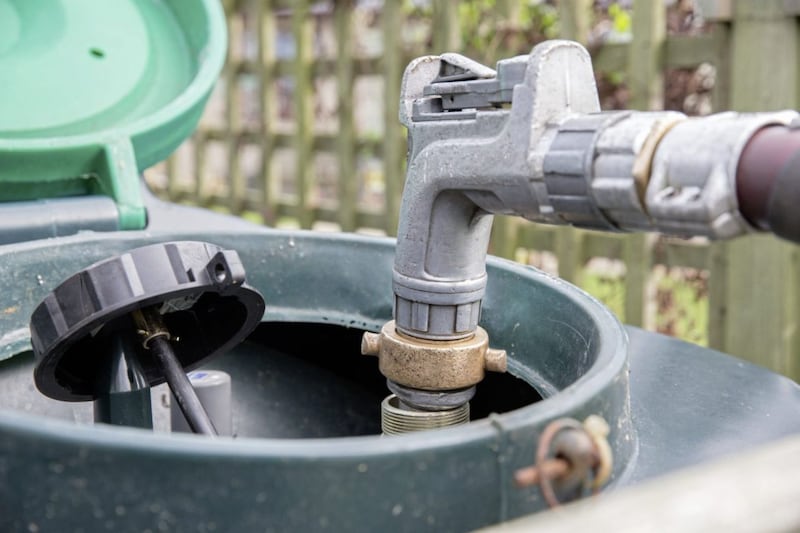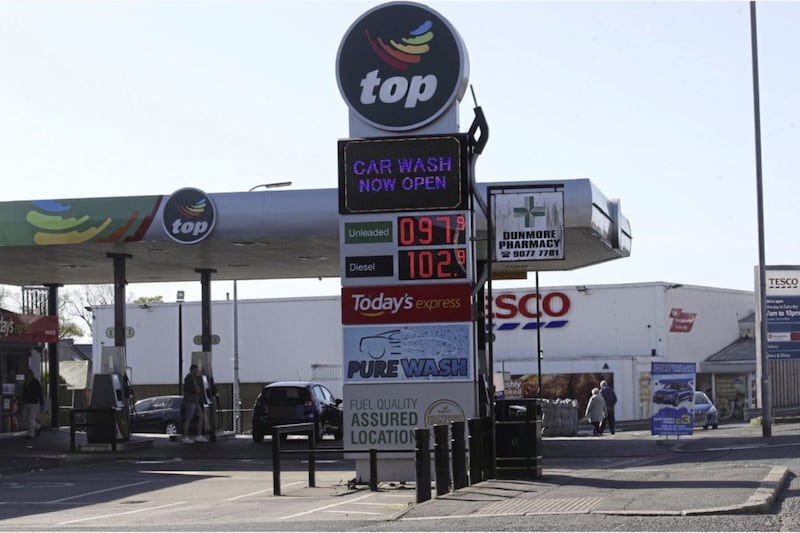NORTHERN Ireland is set to face a surge in the number of households in extreme poverty, according to the National Institute of Economic and Social Research (NIESR).
The NIESR predicts that all regions in the UK will see extreme poverty rise by more than 10 per cent in the coming year. According to the BBC, poverty levels in Northern Ireland are estimated to rise by a staggering 67 per cent in the year ahead, bringing ‘the total number of destitute households to about 25,000.’
When you consider statistics like this, it is even more important that the government considers a realistic approach when ‘The Decarbonising Heat consultation’ arrives later this year.
Living in a cold home can be both physically and mentally harmful. No one should have to decide between eating or heating, but that is the reality that many are now having to choose between.
We would urge the government to consider that these are choices currently being faced, as the Decarbonising Heat Consultation approaches. 2022 will be a decisive year that will outline how people will heat their homes going forward in efforts to reach net zero targets by 2050.
Both the Republic of Ireland and England have actioned plans for decarbonising this sector already. Northern Ireland has the benefit of being in a position that allows us to review and reflect on these approaches.
In RoI, the government is offering a grant of up to 50 per cent off a deep retrofit. However, the average cost of these works is €56,000, which leaves a large bill for the home-owner to finance, and we don’t see how the savings offered will cover the remaining payments.
Similarly, England has offered a £5000 grant towards an air-source heat pump. But the total bill (including installation costs and any extra insulation works) is expected to be between £15,000 and £20,000.
At a time when households are feeling the pressures of rising costs, it would be unrealistic for Stormont to expect a similar approach to incentivise households to decarbonise.
Heat pumps and retrofitting will be the right choice for many living in a new, thermally efficient or recently built house, but for those facing financial difficulties and living in an older, colder home, there must be options considered that won’t leave them behind on the road to net zero.
Heating oil is currently used in more than 500,000 homes in Northern Ireland. A recent analysis by the AECOM engineering company showed that biofuels in home heating could achieve similar emission reductions to retrofitting, quickly and at a much lower cost.
The current biofuel being promoted as the replacement for kerosene is hydrotreated vegetable oil (HVO) that offers an immediate 88 per cent reduction in carbon emissions.
Our message to Stormont would be to examine every option available, and to keep low carbon options and no regret pathways on the new Assembly's agenda when considering the heating consultation later this year.
A one size fits all approach must be avoided at all costs.
:: David Blevings is manager of OFTEC Ireland (https://www.oftec.org/)









